Humans of Harker: The analytical mindset
Zach Clark exercises strategic thinking through Rubik’s cubes, robotics and economics
“It’s fun quantifying that on a level because I like looking at stats. I did the same thing for when I cube; I look at my time splits for different things, my move counts and all of that, and grind it down to some science where I can tangibly improve it,” Zach Clark (12) said.
Zach Clark (12) recalls colors blurring in a flurry of fingers while he expertly turns each face of his Rubik’s cube, every tile sliding into place with a soft click. Thinking many steps ahead, he executes a series of algorithms and drops the cube in satisfaction, slamming both hands on his timer, which displays a sub five second time. Unsurprised, he scrambles the cube again to challenge himself once more.
Zach has competitively solved Rubik’s cubes, known as speed cubing, for seven years. His hobby developed in sixth grade, from which he recollects his first experience with a Rubik’s cube in middle school. Zach had been shadowing as a visiting student at various schools to apply to when he was introduced to a Rubik’s cube that he borrowed at one school.
“I was irritated that I couldn’t solve it right away, so then I went to a CVS to pick one up,” Zach said. “I started solving and found it was fun, so I wanted to get faster.”
This modest beginning aroused a deep passion within Zach for speed cubing. Zach continued to practice his cubing skills, gradually shortening his solve times and eventually participating in competitions. Zach remembers taking a picture with renowned speedcuber Kevin Hays, whom he looked up to, during the first cubing contest he entered at 11 years old. Hays held national records and was well-known in the cubing world, but nevertheless, Zach imagined himself beating Hays’ times one day, which motivated him to pursue cubing at an even higher level. Zach’s efforts paid off as he worked hard over the following years and accomplished his personal speedcubing dream in the summer of 2018.
“[Kevin Hays] was there because he got paid to fly down from Washington to California with a whole bunch of other people,” Zach said. “I got my first sub 10 second average there, which I was really happy about. Then in finals, I beat him because he had a terrible average, but I was [still] really happy about that.”
Committed to this goal, Zach had spent many hours of practice building up to this achievement. Close friend since sixth grade and robotics teammate Alex Liou (12) attests to Zach’s work ethic.
“Zach is a very determined and persevering person,” Alex said. “When he goes for a goal, he really sticks to it. If he’s dedicated to a project, he will put his all into it.”
By learning faster execution techniques or more efficient methods and algorithms, Zach enjoys the intellectually stimulating challenges that he encounters when solving Rubik’s cubes. He always searches for ways to improve his abilities.
“It’s always inherently been a lot for the love of solving,” Zach said. “It feels good to solve quickly. There’s a lot of learning by yourself and talking to people who are faster than you. You have to analyze your own solves and they taught me a lot about trying to figure stuff out on my own.”
Beyond just speed cubing, Zach displays his love for analytical thinking through his contributions to Harker’s competitive Robotics team, which he holds a scouting lead position in. Zach largely deals with the statistical and numerical aspects of competitive robotics. He gathers data on other teams to analyze their advantages and weaknesses and ultimately develop the best strategies to optimize Harker’s own chances of winning.
“It’s fun quantifying that on a level because I like looking at stats,” Zach said. “I did the same thing for when I cube; I look at my time splits for different things, my move counts and all of that, and grind it down to some science where I can tangibly improve it.”
Upper school economics teacher and Zach’s adviser Sam Lepler describes his perception of Zach’s inquisitive, hardworking personality.
“Zach is a really curious person,” Lepler said. “He enjoys the process of learning. He is willing to pursue what he’s interested in at the highest levels, whatever learning objective that he has, whatever he finds interesting. Yesterday, we were analyzing the Niners game, so he [was] more than happy to go in depth into minutely analyzing the strategy of the Niners game.”
Zach’s combination of experiences with Rubik’s cubing, robotics and more have trained him to independently manage himself and focus on what he wants to accomplish personally.
“[Cubing] is not a team sport,” Zach said. “I always thought about [how] these individual sports, like scouting, I could do all on my own. I got to like how I’m accountable for my results, and there’s no one to tie me down in that way. I’ve enjoyed it, and I have no qualms about working alone or anything like that over the past years because I like cubing.”
In the classroom setting, Zach confidently applies his computational mindset in his economics classes as well, passionately learning and actively involving himself without worrying about making mistakes. Having taken several economics courses, Zach is steadfast on majoring in economics in college, a subject that suits Zach’s interests and strengths.
“Having him in game theory, it’s the first time that I’ve had him in my class,” Lepler said. “We’ve only been there a couple of weeks, but he’s already diving in deep to the games and making strategic errors that help everybody learn and owning them. He is not afraid to make mistakes, which I really like and admire as well … He’s trying to think strategically. He’s trying to think hard, and I like that.”
When Zach isn’t solving Rubik’s cubes, scouring information for robotics, or studying economics, he enjoys hanging out with others and taking part in fun and light-hearted activities such as collecting basketballs from Great America or attempting a Navy SEAL fitness challenge with a companion. He also enjoys video games, such as playing Minecraft with friends, and Zach plans to watch a Super Smash Brothers tournament later this year as well. Zach’s wholesome character exhibits a honest sense of sincerity to both fellow students and teachers alike, which close friend and economics classmate Rohan Thakur (12) has seen exemplified through their time together.
“Zach’s biggest strength is the fact that he’s so genuine,” Rohan said. “Whenever he is chatting with someone, he is very much expressing his genuine thoughts. That is really unique to Zach, because a lot of the time, people have difficulty expressing themselves genuinely or are scared of doing that, but Zach has none of those problems, which has been really great for him because it has made it really easy for him to connect with a lot of different people.”
Ultimately, Zach engages his algorithmic thinking and problem solving skills through his hobbies. Cubing trains Zach to think and process scenarios rapidly, and scouting for robotics engages Zach in critical analyses of detailed data and information. The utilitarian skills that Zach has fostered from these activities also play an important role pertaining to the field of economics, assisting him in pursuing what he wants to continue learning in the future. Lepler acknowledges this aspect and delivers some advice and insight of his own.
“If he goes into something in finance or quant, he could kick butt,” Lepler said. “He is very fast processing, so I could see him being wildly successful — exploring maybe some of the both theoretical but also some of the technical aspects of econ[omics], business and finance.”
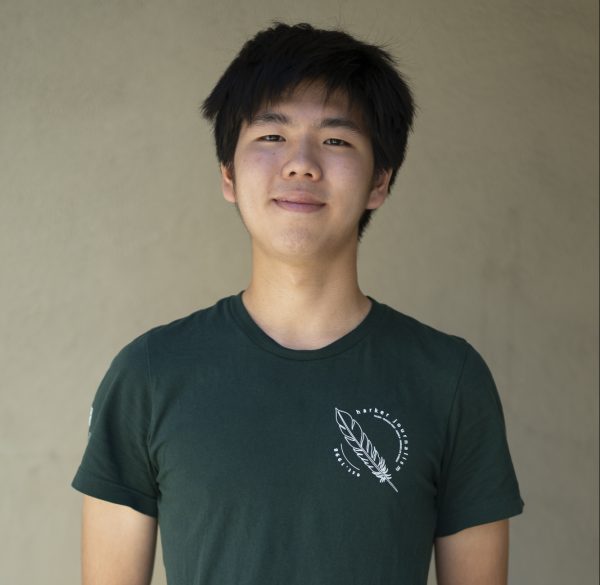
Kevin Zhang (12) is a co-managing editor for Harker Aquila, and this is his third year on staff. This year, Kevin hopes to expand the scope of sports content...
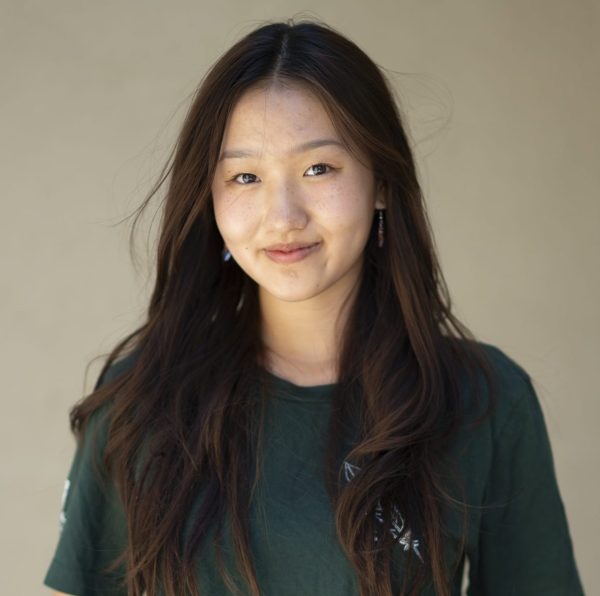
Katelyn Zhao (12) is the co-editor-in-chief of Humans of Harker, and this is her fourth year on staff. Katelyn aims to honor each of the stories within...































![Setter Emma Lee (9) sets the ball to the middle during the match against Pinewood on Sept. 12. “[I’m looking forward to] getting more skilled, learning more about my position and also becoming better friends with all of my teammates, Emma said.](https://harkeraquila.com/wp-content/uploads/2023/09/DSC_4917-2-1200x795.jpg)
































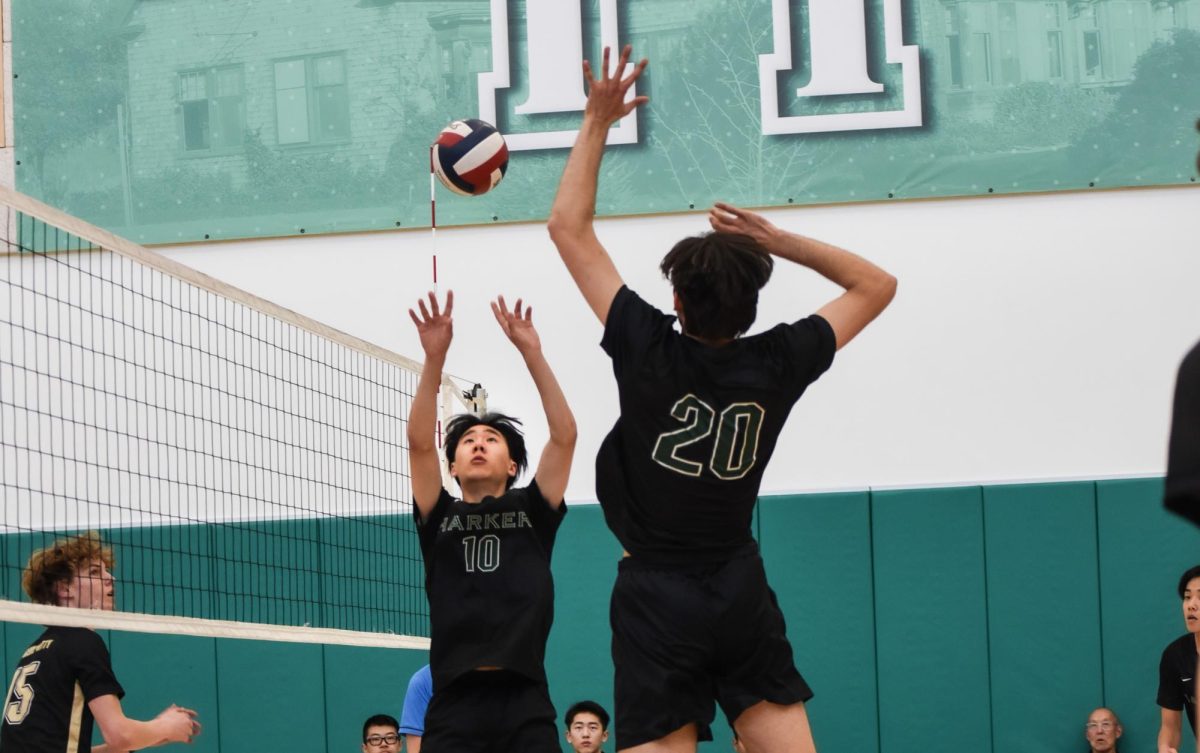


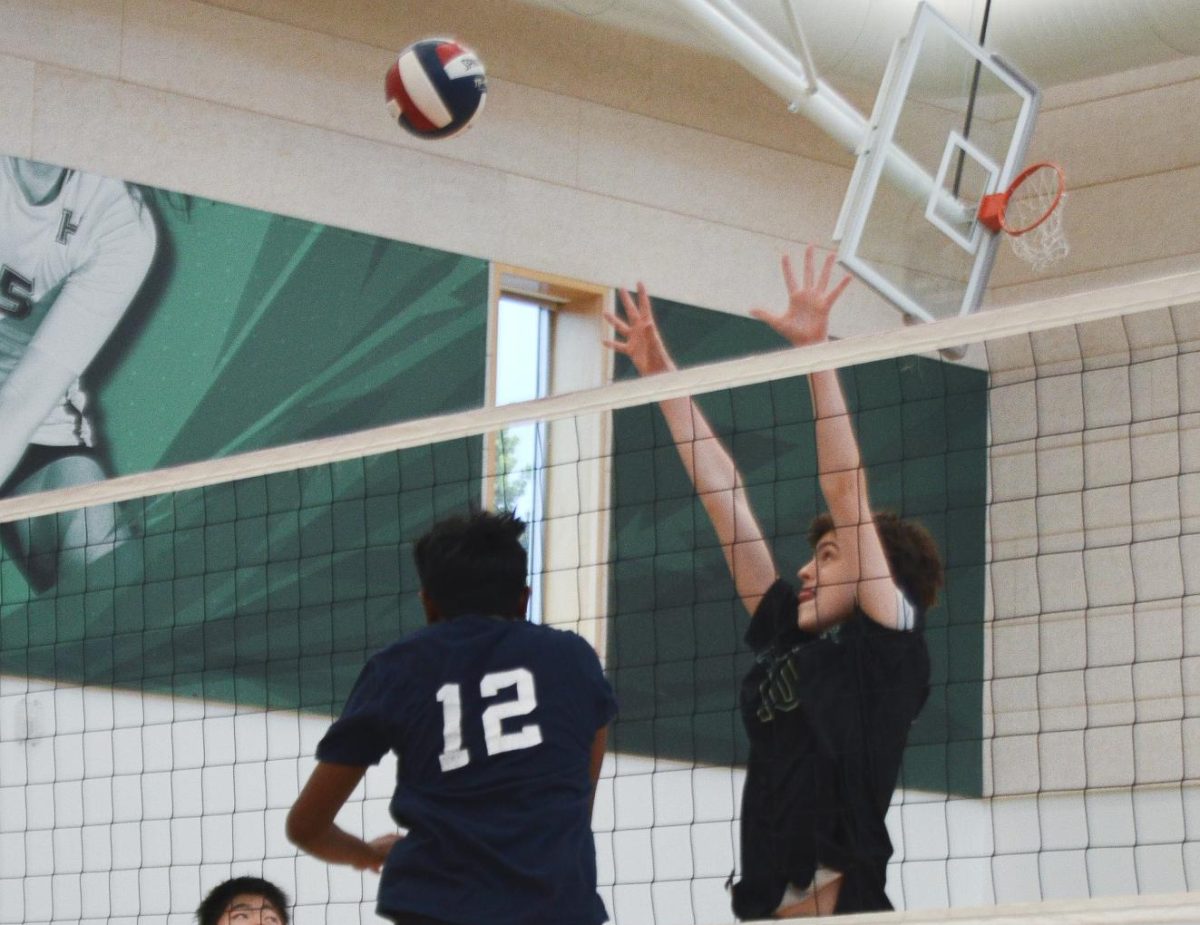
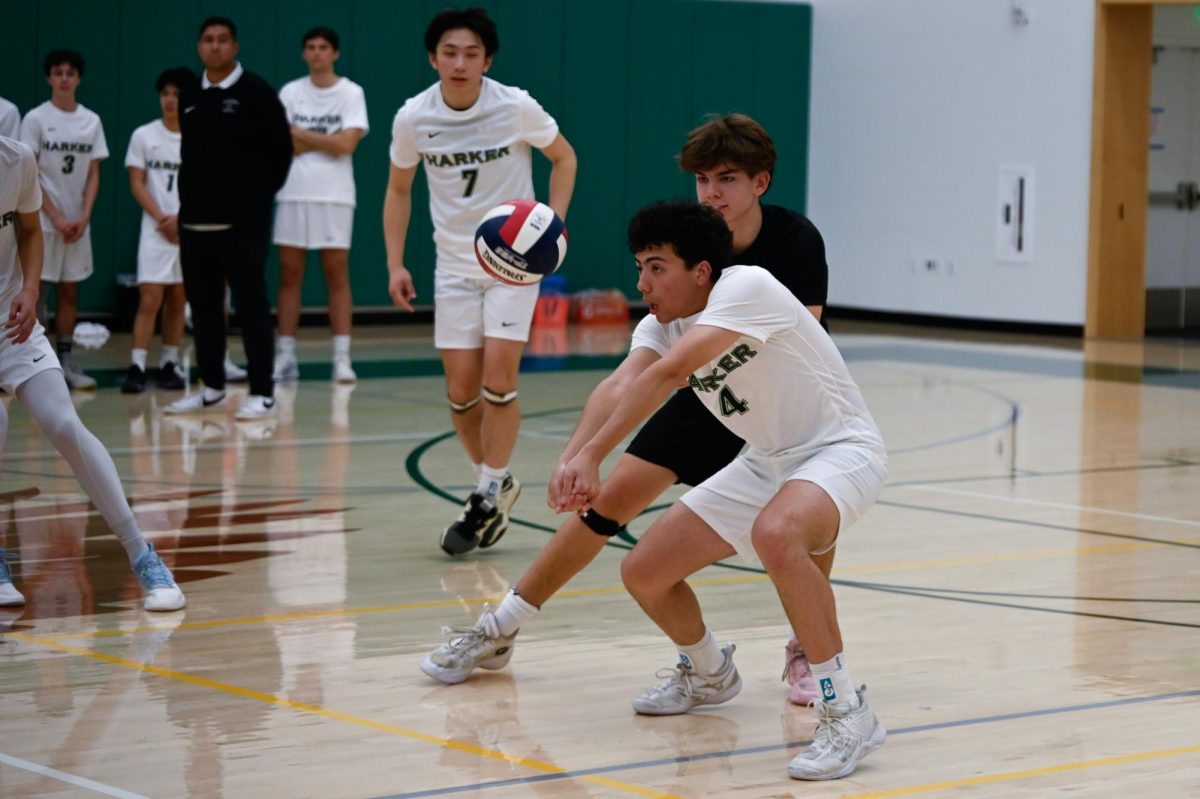





























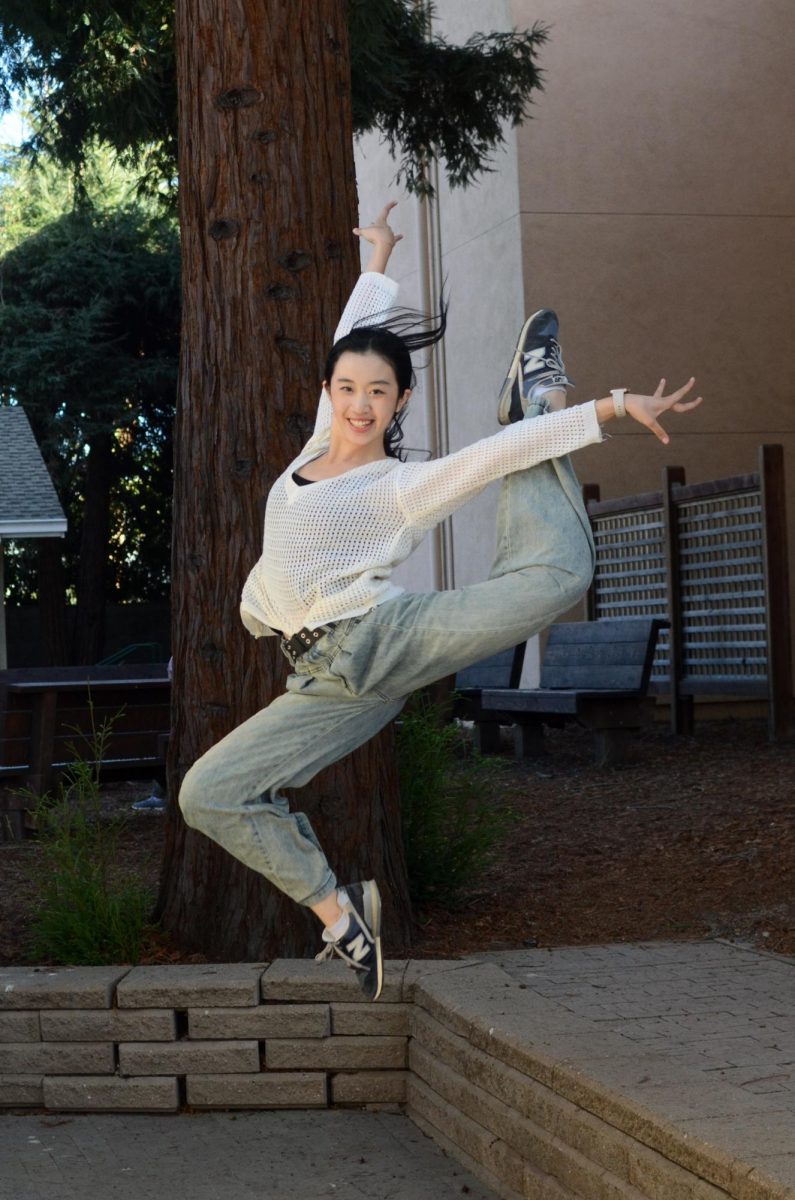
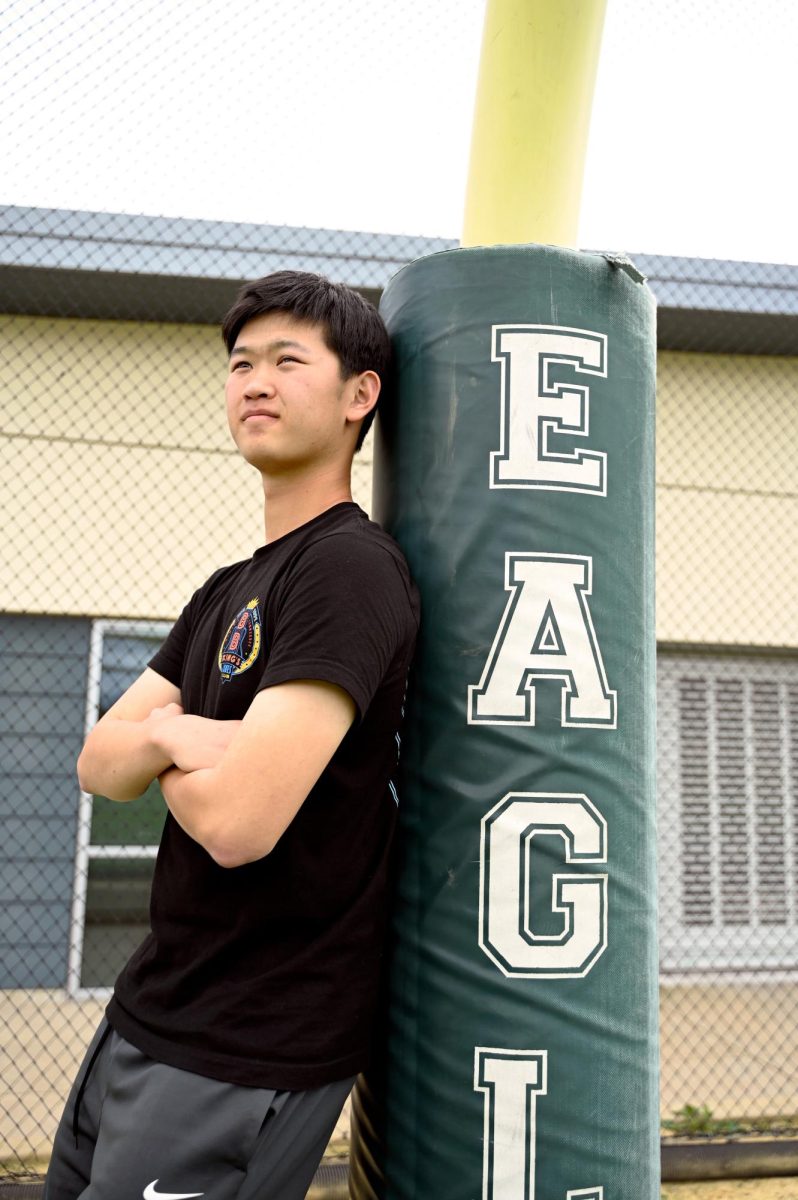
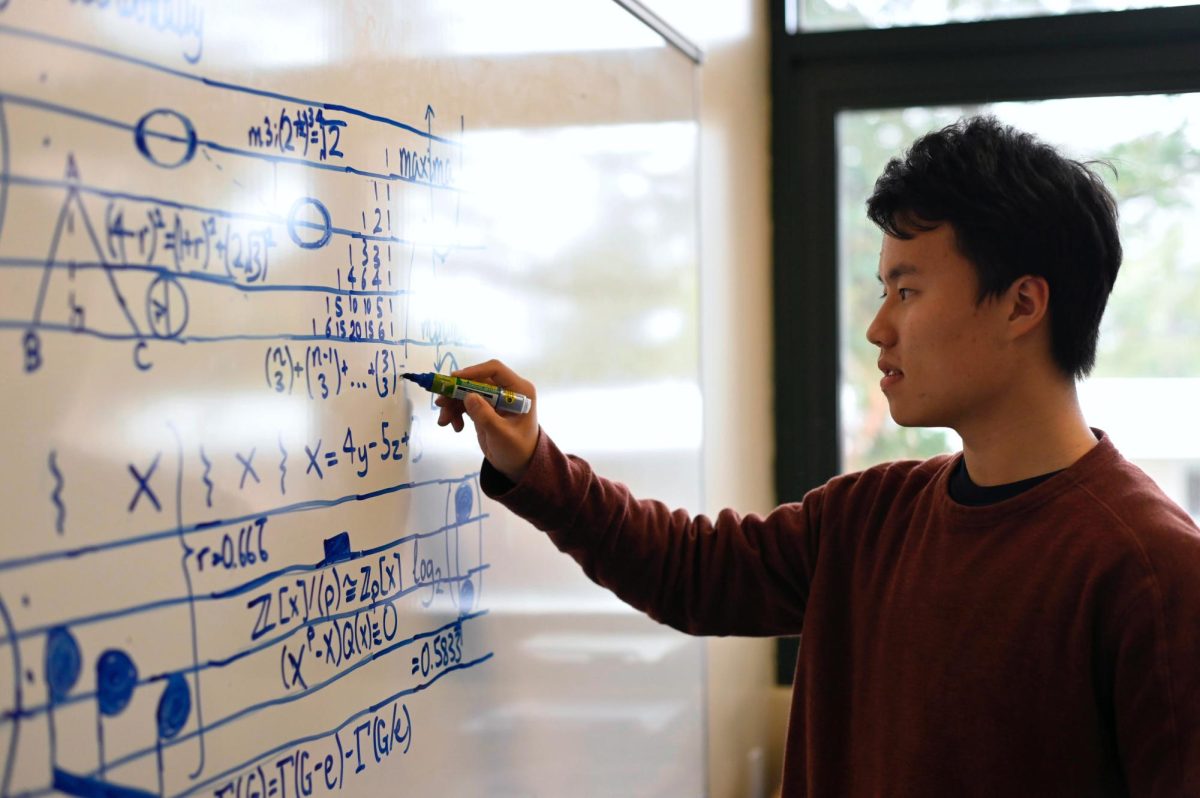









![“[Building nerf blasters] became this outlet of creativity for me that hasnt been matched by anything else. The process [of] making a build complete to your desire is such a painstakingly difficult process, but Ive had to learn from [the skills needed from] soldering to proper painting. Theres so many different options for everything, if you think about it, it exists. The best part is [that] if it doesnt exist, you can build it yourself, Ishaan Parate said.](https://harkeraquila.com/wp-content/uploads/2022/08/DSC_8149-900x604.jpg)


![“Animation just clicked in a way. I had been interested in art, but that felt different. [Animation] felt like it had something behind it, whereas previous things felt surface level. I wasnt making that crazy of things, but just the process of doing it was much more enjoyable, Carter Chadwick (22) said.](https://harkeraquila.com/wp-content/uploads/2022/08/Screen-Shot-2022-08-16-at-9.44.08-AM-900x598.png)


![“When I came into high school, I was ready to be a follower. But DECA was a game changer for me. It helped me overcome my fear of public speaking, and its played such a major role in who Ive become today. To be able to successfully lead a chapter of 150 students, an officer team and be one of the upperclassmen I once really admired is something Im [really] proud of,” Anvitha Tummala (21) said.](https://harkeraquila.com/wp-content/uploads/2021/07/Screen-Shot-2021-07-25-at-9.50.05-AM-900x594.png)



![“[Volleyball has] taught me how to fall correctly, and another thing it taught is that you don’t have to be the best at something to be good at it. If you just hit the ball in a smart way, then it still scores points and you’re good at it. You could be a background player and still make a much bigger impact on the team than you would think,” Anya Gert (’20) said.](https://harkeraquila.com/wp-content/uploads/2020/06/AnnaGert_JinTuan_HoHPhotoEdited-600x900.jpeg)

![“Im not nearly there yet, but [my confidence has] definitely been getting better since I was pretty shy and timid coming into Harker my freshman year. I know that theres a lot of people that are really confident in what they do, and I really admire them. Everyones so driven and that has really pushed me to kind of try to find my own place in high school and be more confident,” Alyssa Huang (’20) said.](https://harkeraquila.com/wp-content/uploads/2020/06/AlyssaHuang_EmilyChen_HoHPhoto-900x749.jpeg)













![“My slogan is ‘slow feet, don’t eat, and I’m hungry.’ You need to run fast to get where you are–you arent going to get those championships if you arent fast,” Angel Cervantes (12) said. “I want to do well in school on my tests and in track and win championships for my team. I live by that, [and] I can do that anywhere: in the classroom or on the field.”](https://harkeraquila.com/wp-content/uploads/2018/06/DSC5146-900x601.jpg)

![“I think getting up in the morning and having a sense of purpose [is exciting]. I think without a certain amount of drive, life is kind of obsolete and mundane, and I think having that every single day is what makes each day unique and kind of makes life exciting,” Neymika Jain (12) said.](https://harkeraquila.com/wp-content/uploads/2017/06/Screen-Shot-2017-06-03-at-4.54.16-PM.png)






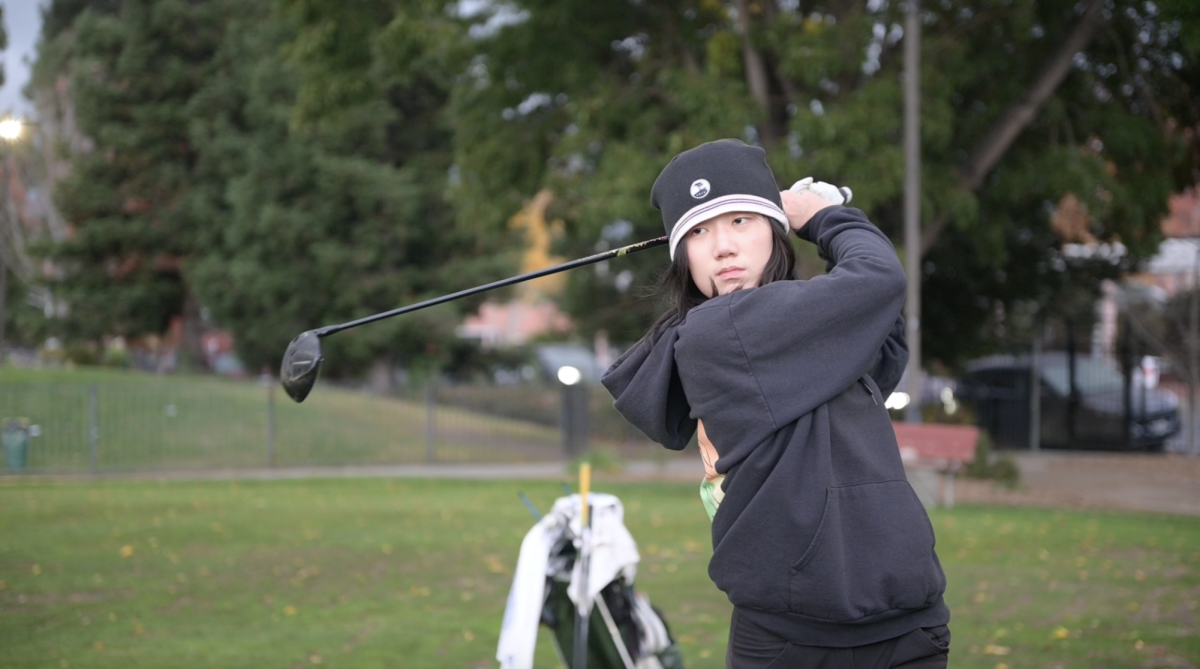
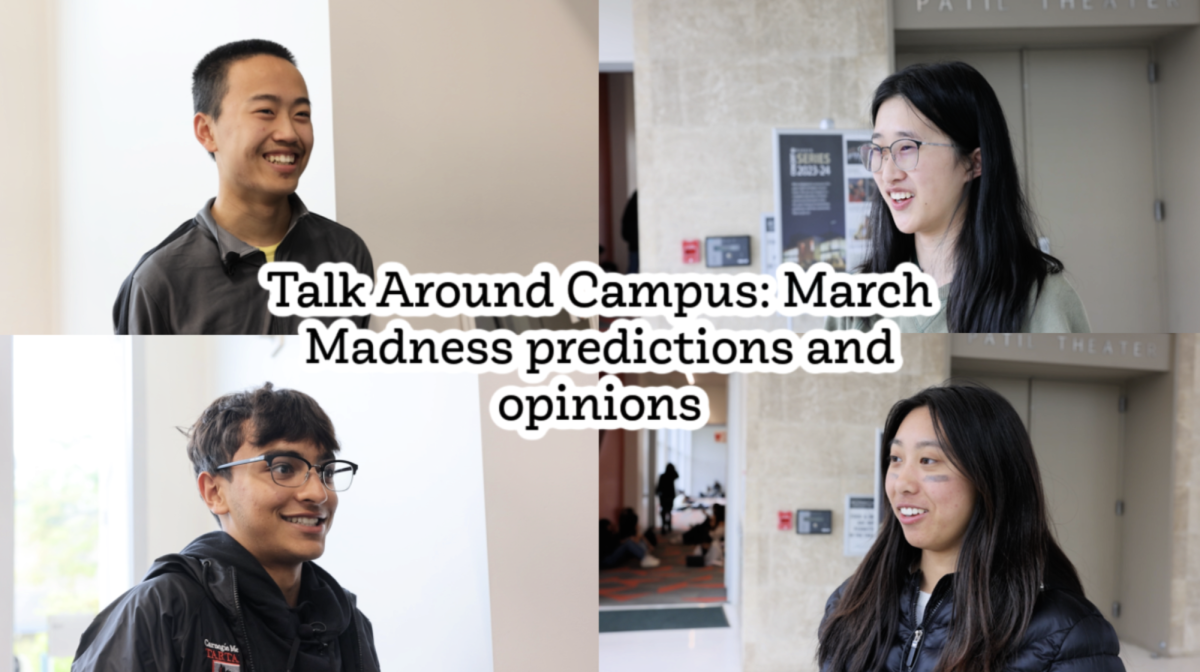
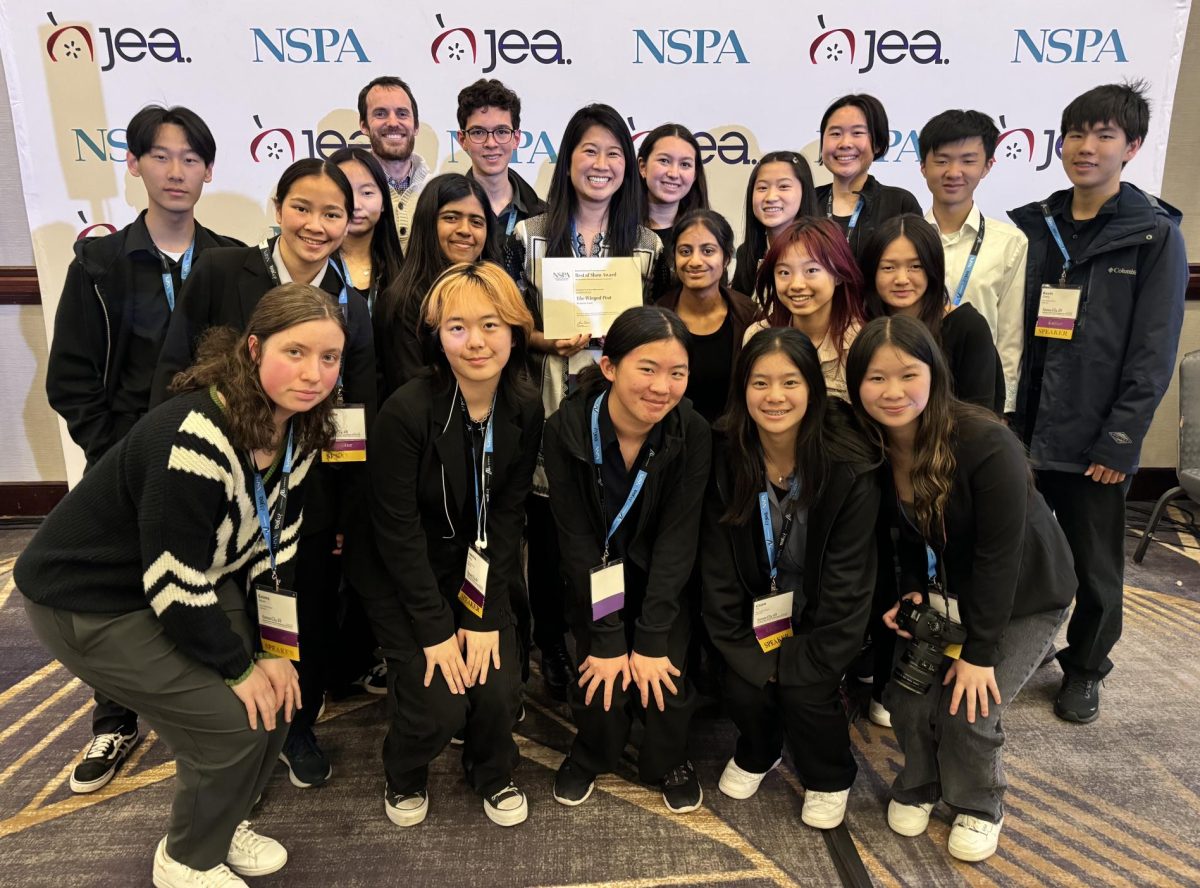


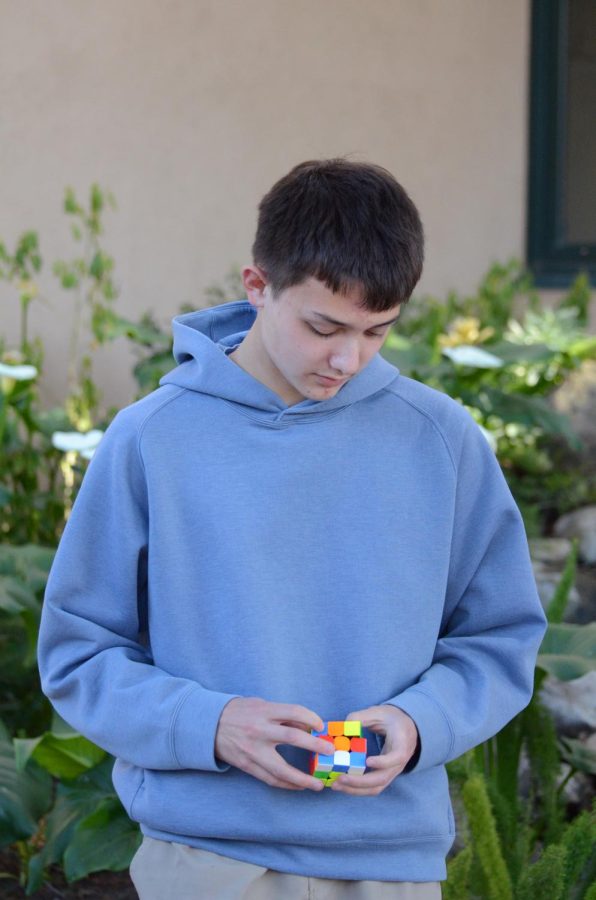
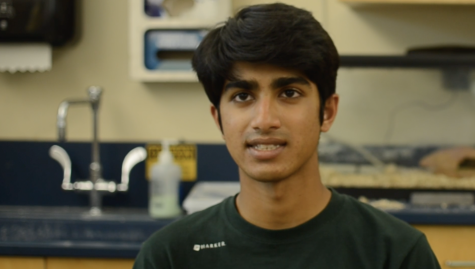
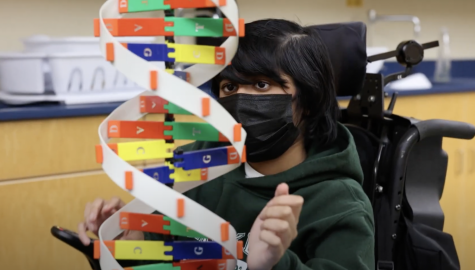
![“[Building nerf blasters] became this outlet of creativity for me that hasnt been matched by anything else. The process [of] making a build complete to your desire is such a painstakingly difficult process, but Ive had to learn from [the skills needed from] soldering to proper painting. Theres so many different options for everything, if you think about it, it exists. The best part is [that] if it doesnt exist, you can build it yourself, Ishaan Parate said.](https://harkeraquila.com/wp-content/uploads/2022/08/DSC_8149-475x319.jpg)
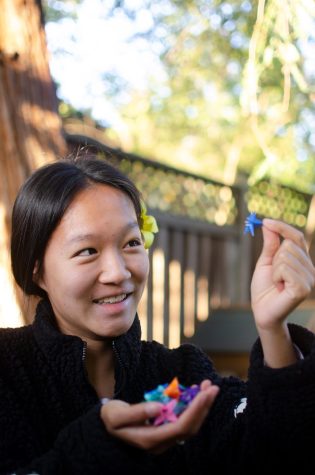

![“Animation just clicked in a way. I had been interested in art, but that felt different. [Animation] felt like it had something behind it, whereas previous things felt surface level. I wasnt making that crazy of things, but just the process of doing it was much more enjoyable, Carter Chadwick (22) said.](https://harkeraquila.com/wp-content/uploads/2022/08/Screen-Shot-2022-08-16-at-9.44.08-AM-475x316.png)
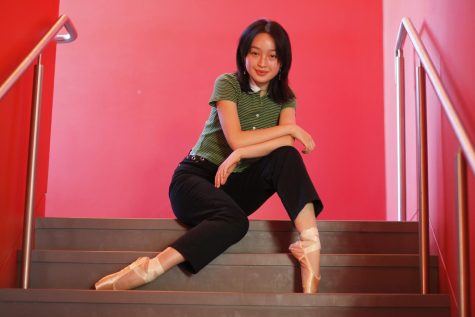
![My favorite thing is being able to immerse yourself in [dance]. Its one thing where you can really see improvement if you put in the practice, and if you dont put in the practice you wont improve. The ability to sync into repetition and go into the same counts over and over again to see some improvement is really captivating, and always draws me back to it, Zeel Thakkar (22) said.](https://harkeraquila.com/wp-content/uploads/2022/08/DSC_8147-475x315.jpg)
![“It’s the mind bending things that I’m really passionate about, the things where youre like, ‘I have no idea why this happens, but I want to figure that out.’ It’s a genuine, ‘I don’t get it, but I want to.’ Or perhaps it’s [that] I don’t want to never understand it. I don’t want to have a topic that I dont understand and never understand it, Spencer Cha (22) said.](https://harkeraquila.com/wp-content/uploads/2022/08/spencerchahoh_ireneyuan-475x317.jpg)
